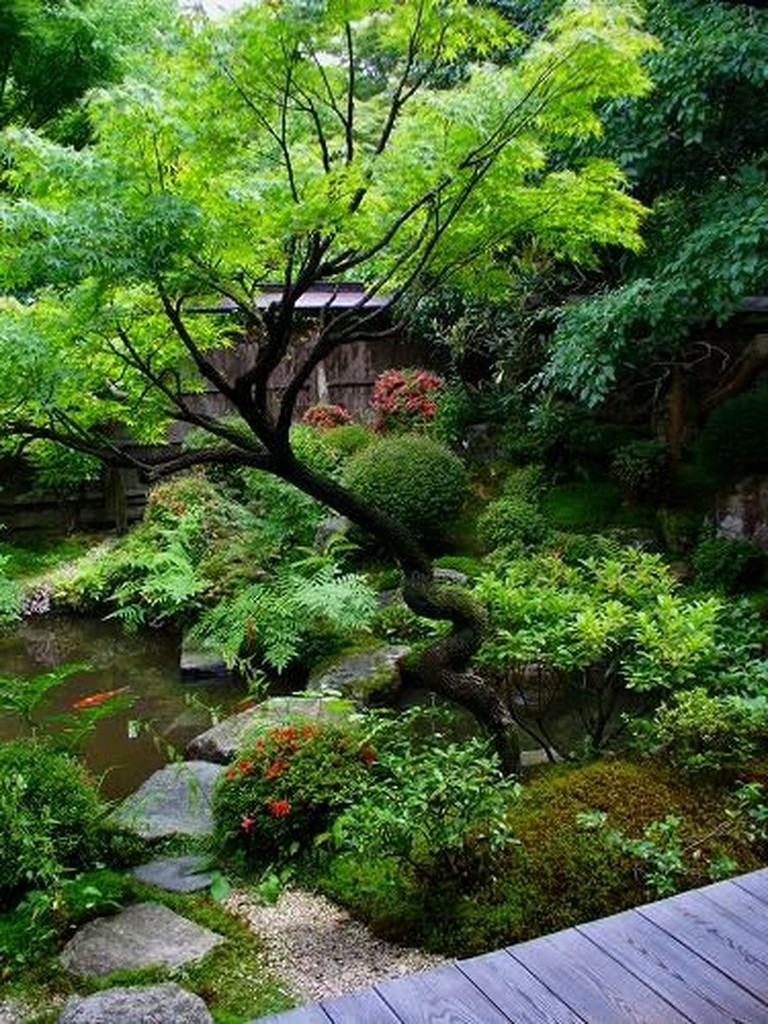

Yelp is a fun and easy way to find, recommend and talk about whats great and not so great. Over the centuries, however, visitors have discerned images as diverse as a tigress escorting her cubs across water and the Chinese character for "heart" or "mind." Since the anonymous designer left no explanation, the garden's exact meaning remains a mystery, which no doubt contributes to its enduring allure. Harmony and peacefulness are felt by visitors to Japanese gardens. The Little Japanese Zen Garden in Queens, reviews by real people. Relying on computer models, they found that the garden's rocks-when viewed from the proper angle-subconsciously evoke the tranquil outline of a branching tree. When a Zen garden uses rock to represent water, it reminds us that Zen, unlike Daoism, seeks to transcend the dualities of nature in a deeper stratum of.
#Japanese zen garden cracked
In 2002, a research team at Kyoto University claimed to have cracked the Zen code. From a distance, the rocks resemble islands, the sand a tranquil sea.

Free for commercial use High Quality Images.
#Japanese zen garden download
Measuring 98 by 32 feet, the Ryoan-ji garden is about the size of a tennis court and is composed solely of 15 large and small rocks, some encircled by moss, grouped in five clusters on a bed of carefully raked white sand. Find & Download Free Graphic Resources for Japanese Zen Garden. Then build your own Japanese Zen garden using a variety of miniature objects including. "While there are other similar gardens of great beauty," says James Ulak, curator of Japanese art at Smithsonian's Freer and Sackler galleries, "Ryoan-ji remains the ur-site of the type-powerful, abstract, Zen Buddhist landscapes designed to invoke deep meditation." Learn about the art of Zen gardening with artist Jeanette Dickinson. The most famous of these can be found in Kyoto at the 15th-century Ryoan-ji, the Temple of the Peaceful Dragon. Often linked with tranquility and mindfulness, this type of design is often. Zen rock gardens, or karesansui (translated as "dry-mountain-water"), originated in medieval Japan and are renowned for their simplicity and serenity. Zen Gardens are a landscaping aesthetic associated with the Buddhist way of life.


 0 kommentar(er)
0 kommentar(er)
